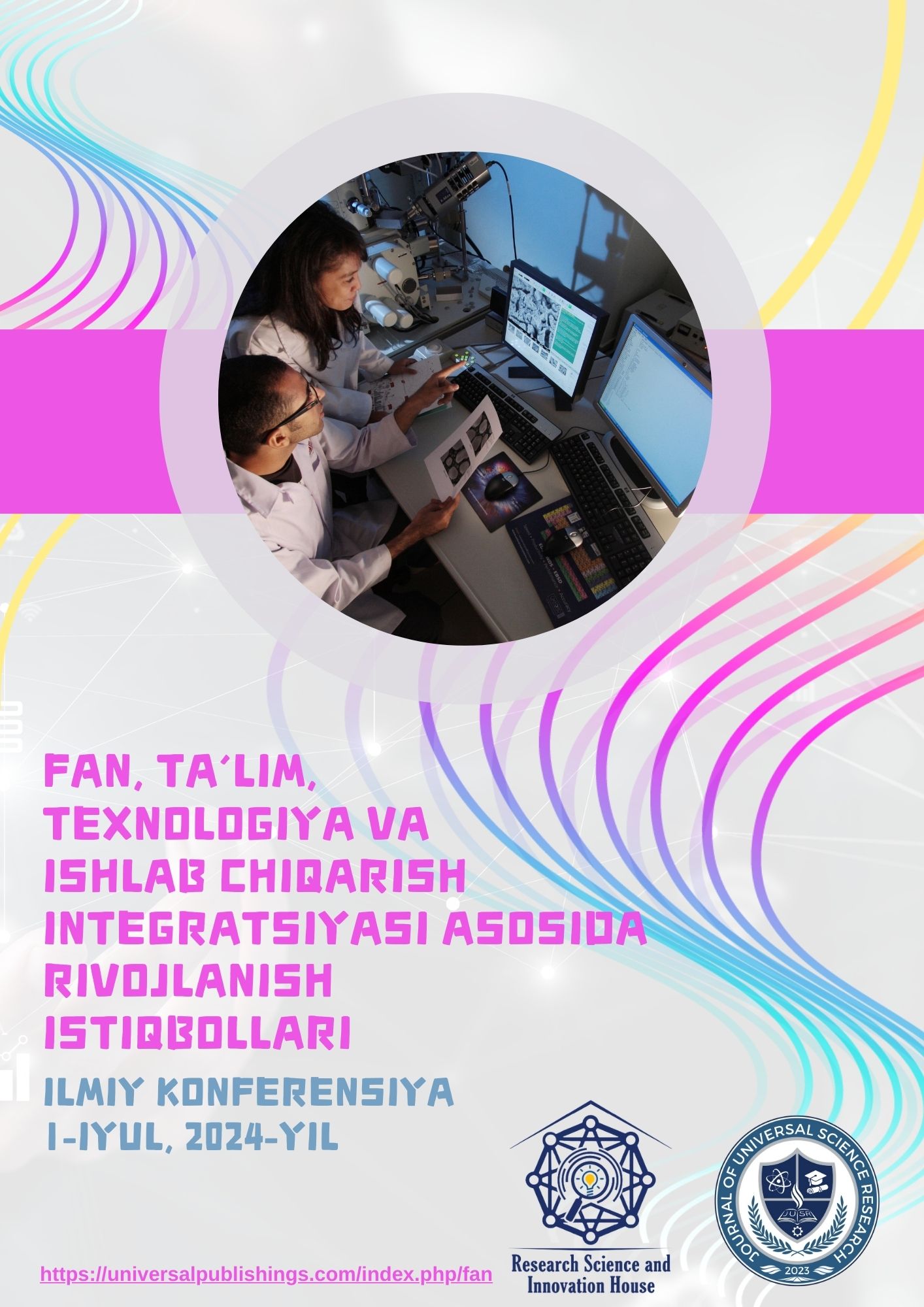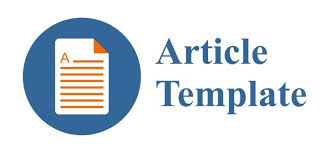DICTIONARY USE IN THE PAST AND TODAY
Keywords:
Historical practicesAbstract
This article examines the evolution of dictionary use from historical practices to contemporary trends, exploring how the role of dictionaries has shifted in response to societal, technological, and linguistic changes. In the past, dictionaries were primarily reference tools used by scholars, writers, and educators, often with a focus on formal, prescriptive language.
These early dictionaries emphasized the authority of standard language norms and were less accessible to the general public. Today, dictionaries serve a broader audience, from language learners and casual users to digital natives.
Technological advancements have expanded their accessibility and functionality, allowing dictionaries to evolve into interactive, digital formats with multimedia features, such as audio pronunciation, etymological histories, and contextual examples. Additionally, the rise of online and mobile dictionaries, along with the advent of corpora-driven lexicography, has enabled real-time updates and inclusivity of evolving language, regional variations, and informal speech. This article explores the shifts in dictionary use, highlighting both the historical role of print dictionaries and the current trends shaping digital and interactive dictionary practices, with an emphasis on their impact on language acquisition, usage, and evolution
References
1. Malkiel, Y. (1993) The Dictionary: A History of the Lexicographic Tradition. New York: Oxford University Press.
2. Rakhmankulovna A. S. PEDAGOGICAL STRATEGY OF DEVELOPMENT OF COMPETITION IN YOUNG PEOPLE OF PROFESSIONAL EDUCATION //International Scientific and Current Research Conferences. – 2023. – С. 18-20.
3. Fayzullaeva, U., & Togaev, S. (2024). A LITERARY PHENOMENON IN THE POSTMODERN ERA. IJODKOR O'QITUVCHI, 4(37), 146-148.
4. Fowler, H.W. and Fowler, F.G. (1964) The King's English: A Guide to Modern Usage. Oxford: Clarendon Press.
5. Tog’Ayev Sarvar Eshniyoz, O. G., & Fayzullayeva, U. (2023). Understanding Postmodernism: Postmodern Culture and Philosophy.
6. Rakhmankulovna A. S. et al. THE IMPORTANCE OF SPOKEN ENGLISH IN TODAY’S WORLD //SCIENTIFIC APPROACH TO THE
MODERN EDUCATION SYSTEM. – 2023. – Т. 2. – №. 20. – С. 92-97.



